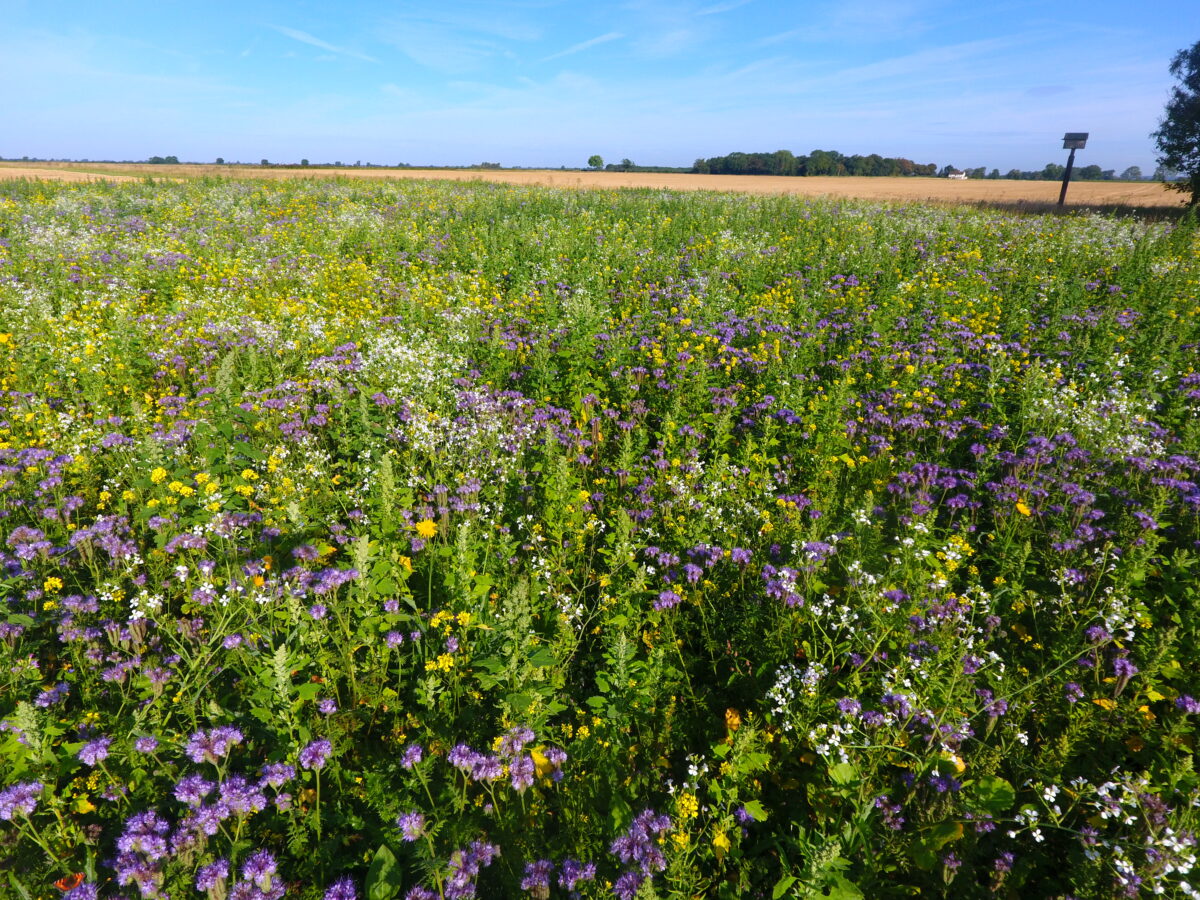Pollinator Power
Whilst the sun has been shining, we have been pollinator surveying! Our established wildflower and pollinator mixes across the Estate have been flourishing, so we have been investigating what benefits they are providing for the wider environment.
The surveys were carried out by sweep netting across three sites on our Lincolnshire Estate. The sweep nets collect invertebrates from vegetation and flower heads, enabling specific identification of the different species found within our environmental plots & margins.
The results are in and from the surveys that were taken across our environmental features, over 930 records were made, recording 370 different species. Over 10 of these species have been recognised as nationally rare, including the Large Garden Bumblebee which is a priority species due to a nationally significant decline in numbers over the last 100 years.
Of the species that were found 50% are frequent pollinators which form a vital component to our wider ecosystem. Many crops that are grown for human consumption rely on pollination where the plants are fertilised by the pollinator to enable the production of seeds that become the next generation of plants. In addition, pollinators create and maintain habitats and ecosystems that many animals rely on for food and shelter.
The environmental plots and margins that have been established across the Estate have a significant role in encouraging pollinator production. By creating and managing them in a practical way alongside our farming activities we strive to deliver, and record further benefits across the landscape.
